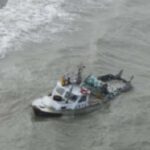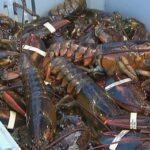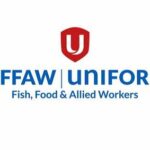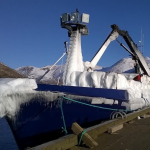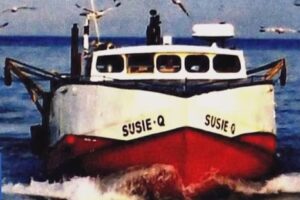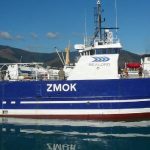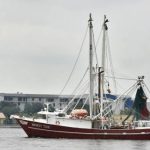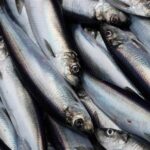Tag Archives: HOOKED UP – A Lee Zurik Investigation
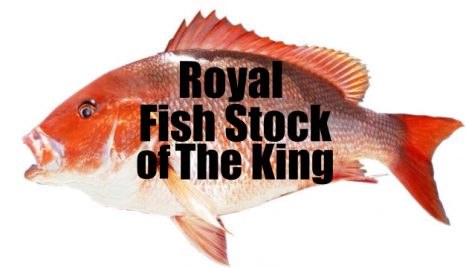
Hooked Up!!! Sea lords and the secret votes that made them rich
The votes helped create the system that now allows 50 businesses and fishermen to control 81 percent of the nation’s commercial red snapper allocation. Those fishermen can make a total of $23 million every year. And the government gets nothing in return from the fishermen. “This is a public asset,” Congressman Garret Graves says. “You and I own this. The public owns this. You know, people always talk about [how] government needs to run like a business. Could you ever imagine a business saying, ‘Oh, here’s our inventory, and it’s free! You come in a grocery store, you take whatever you want.’ The vote predates Graves’ term in Washington. But last decade, Congress helped orchestrate it. The feds wanted to start what’s called an IFQ program, short for “individual fishing quota”. Fishermen would get an allocation to fish the entire year. Congress required three votes – first by a little-known public body called the Gulf of Mexico Fisheries Management Council, an 11-member body that’s primarily appointed by the five Gulf states. After the Gulf Council vote, Congress also required two votes by the commercial fishermen who already were permitted to fish for red snapper in the Gulf. And those are the votes that the federal government won’t let us see. Video, read the story here 11:09
HOOKED UP! PART II: Gulf Council chief talks about IFQ’s
 The Gulf of Mexico Fishery Management Council manages the fishery resources in the federal waters of the Gulf of Mexico. It’s one of eight regional fishery management councils in the United States. The Gulf Council essentially manages the fishery from the nine-mile mark out to the 200-mile limit. “Before the IFQ, we tried a variety of ways to address the race for fish that was taking place,” says Dr. Roy Crabtree, regional administrator for the Gulf Council. “We had a limited commercial quota for red snapper. The fishermen were catching it up as quick as they could. They were flooding the market with fish Fishery was closed most of the year, so we didn’t have year-round production. And we had safety-at-sea issues. Because fishermen were fishing in unsafe sea conditions. And we were having overruns of quota. Crabtree says the IFQ program was designed largely to address these problems. The article continues here 18:00
The Gulf of Mexico Fishery Management Council manages the fishery resources in the federal waters of the Gulf of Mexico. It’s one of eight regional fishery management councils in the United States. The Gulf Council essentially manages the fishery from the nine-mile mark out to the 200-mile limit. “Before the IFQ, we tried a variety of ways to address the race for fish that was taking place,” says Dr. Roy Crabtree, regional administrator for the Gulf Council. “We had a limited commercial quota for red snapper. The fishermen were catching it up as quick as they could. They were flooding the market with fish Fishery was closed most of the year, so we didn’t have year-round production. And we had safety-at-sea issues. Because fishermen were fishing in unsafe sea conditions. And we were having overruns of quota. Crabtree says the IFQ program was designed largely to address these problems. The article continues here 18:00

































